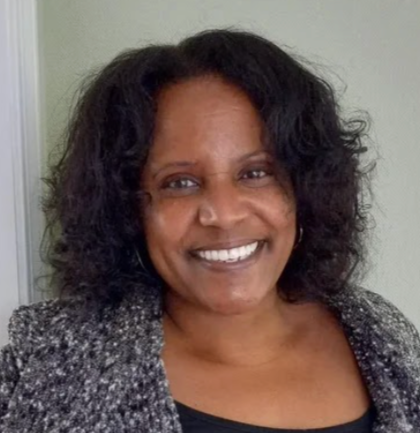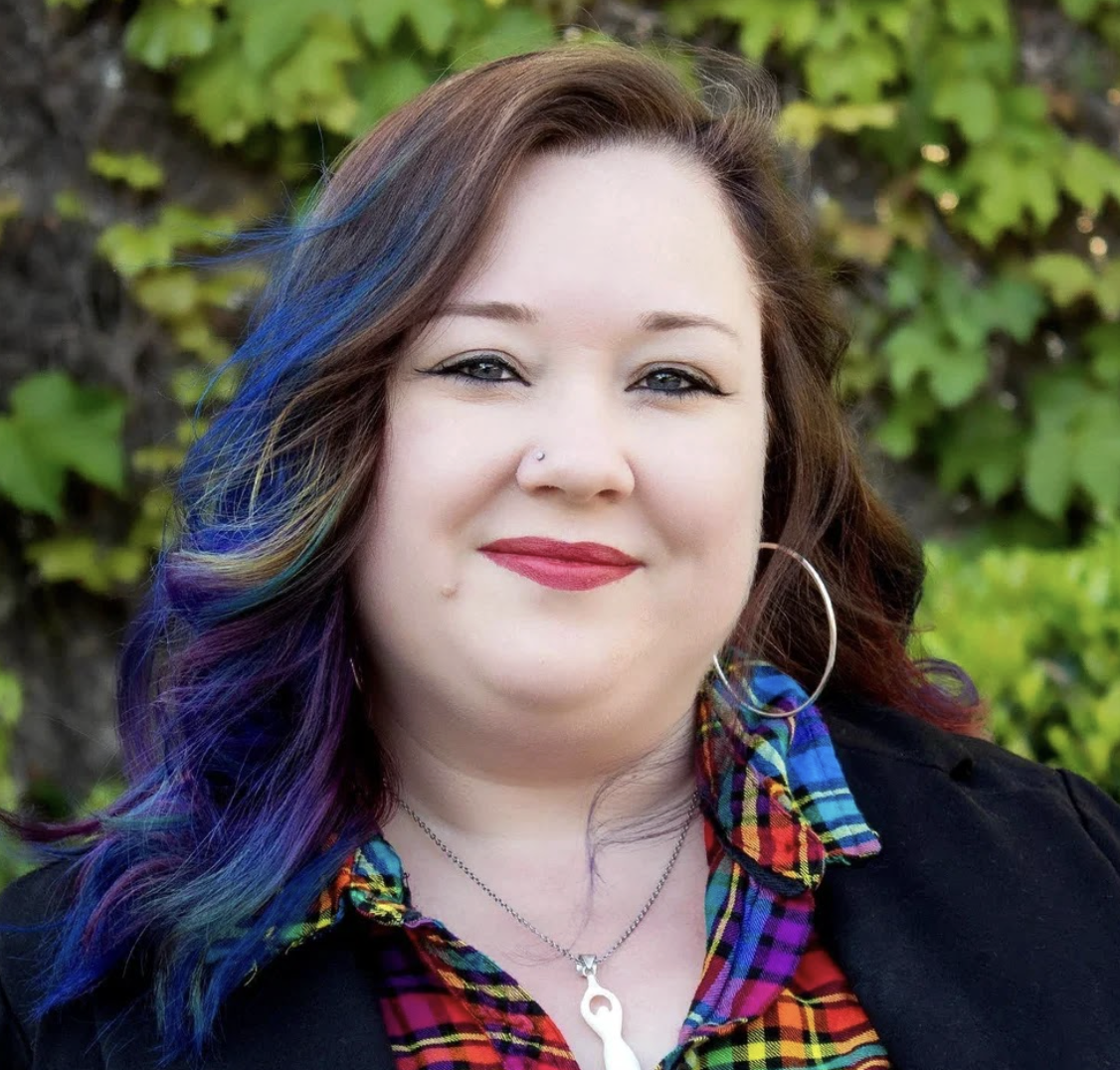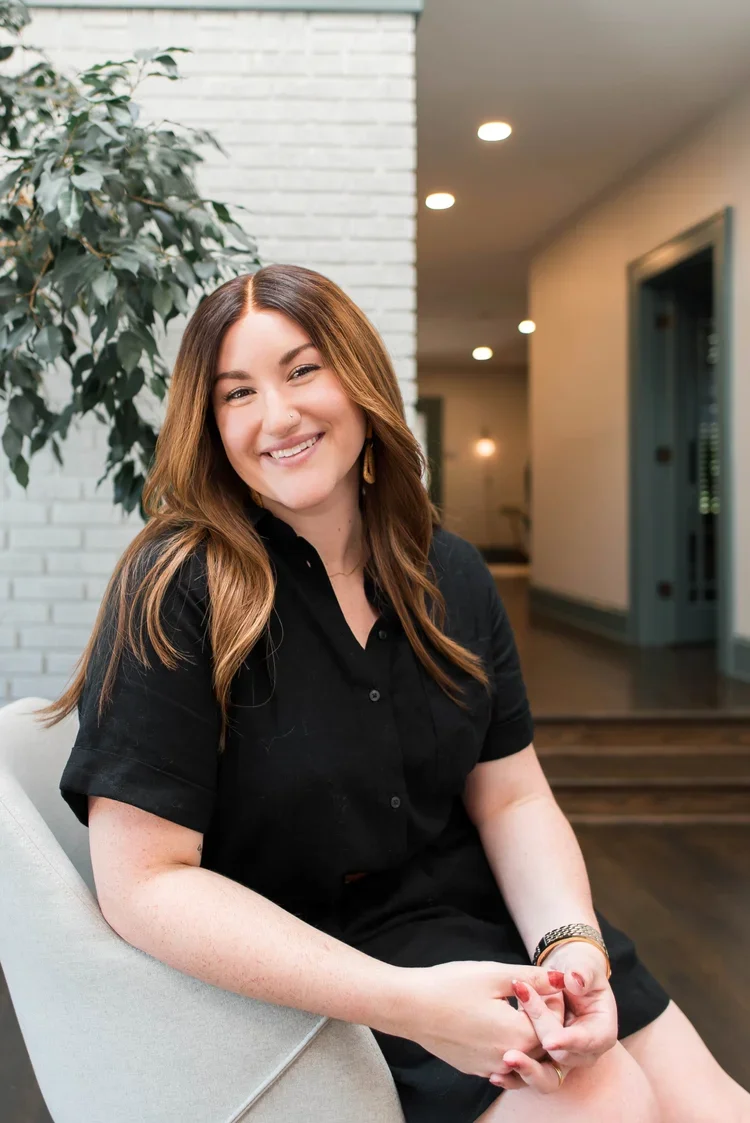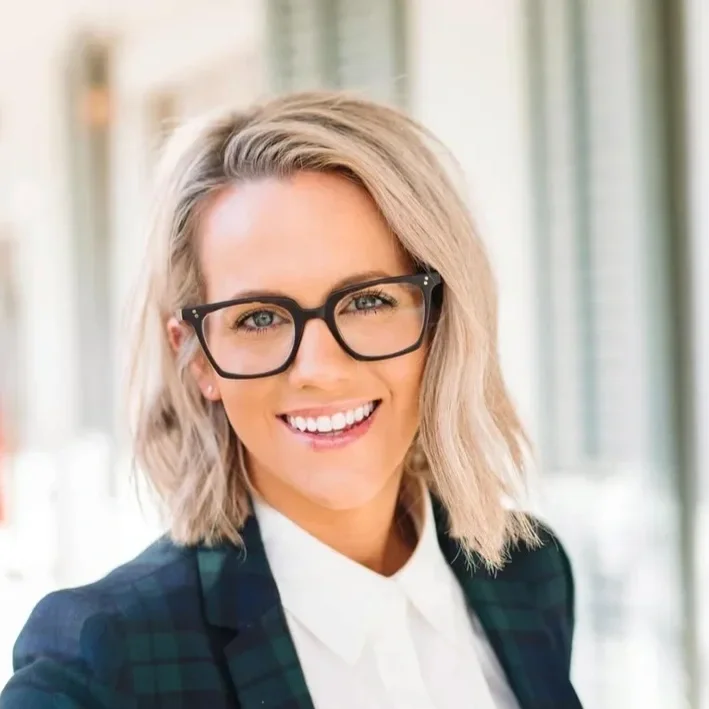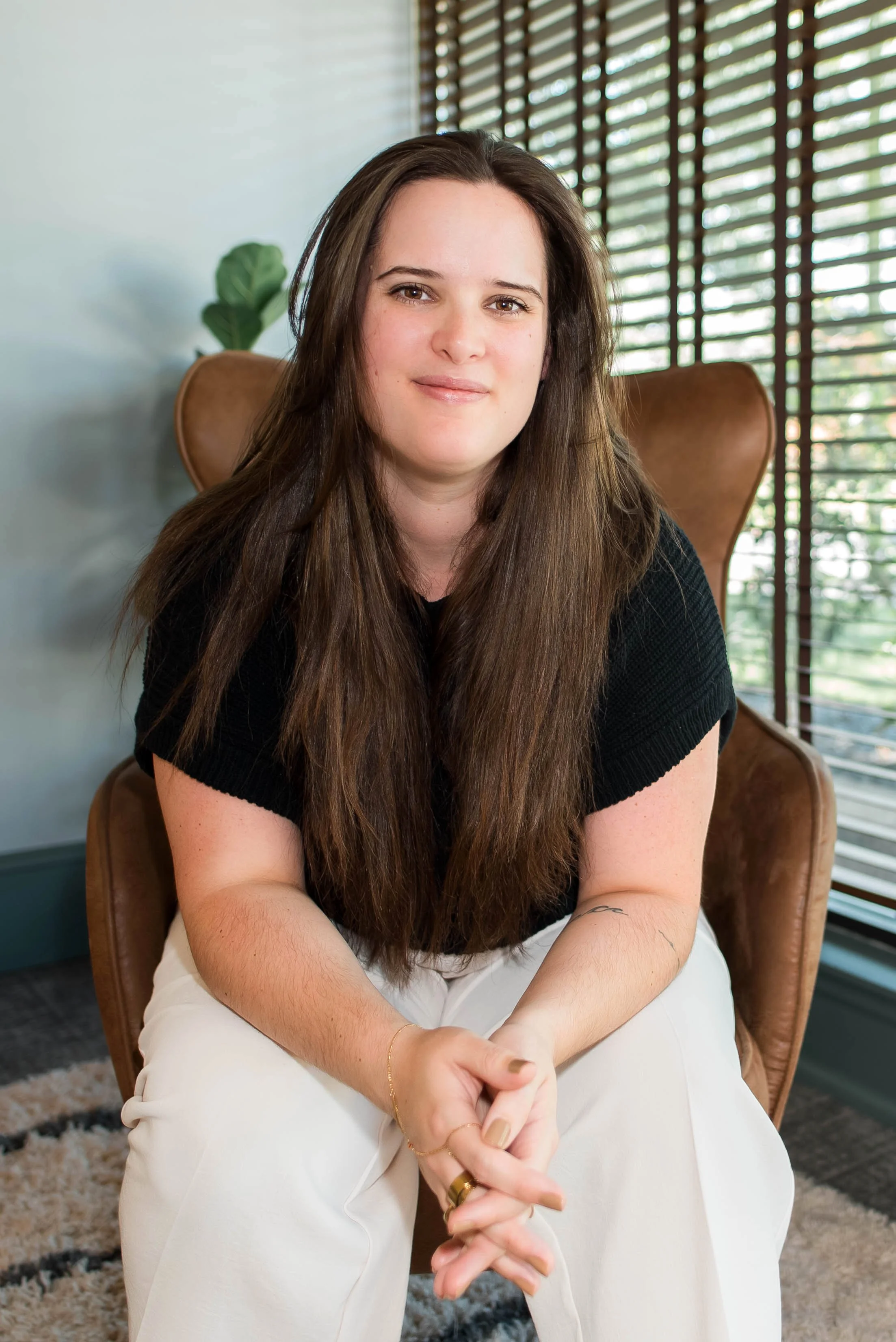
Finally…
A Conference Specifically For Counselors and Physical Therapists Specializing in Chronic Pain and Illness
The Chronic Illness Therapists Conference
March 6-7, 2026 | Atlanta, GA + Virtual
Physical Therapists get 13 CCH through GA APTA!
〰️
Physical Therapists get 13 CCH through GA APTA! 〰️
Certified Rehabilitation Counselors get 13 CEs through CRCC!
〰️
Certified Rehabilitation Counselors get 13 CEs through CRCC! 〰️
Grab Your Registration Spot
Student Pricing
$300
Includes gluten-free and nut-free snacks/light refreshments each day.
13 CEs, pre-approved for CRCs, approved for Physical Therapists. Pending approval for LPCs, LCSWs
fun welcome bag!
Professional Pricing
$525
Includes gluten-free and nut-free snacks/light refreshments each day.
13 CEs, pre-approved for CRCs, approved for Physical Therapists. Pending approval for LPCs, LCSWs
Fun welcome bag!
PAYMENT PLAN AVAILABLE BEFORE 2/1/26
Executive Functioning Package (EFP)
$2025 $1825
Don’t worry about a single thing with the Executive Functioning Package 🎉
You’ll receive:
TWO conference tickets - one for you and one for your favorite colleague! (or person of your choice)
THREE flexible hotel nights with two full beds (choose whichever dates work for your schedule, and we will book and pay it for you!)
Gluten-free and nut-free snacks/light refreshments each day
1 Comped Dinner for two people at the hotel
Round-trip airport transportation arranged and covered for both attendees
TWO Atlanta CityPASSes (valid 9 days from first use!) - free admission to all 6 attractions:
GA Aquarium
Atlanta Zoo
World of Coca-Cola
Fernbank Museum of Natural History
Georgia Football Hall of Fame
National Center for Civil and Human Rights
13 CEs, pre-approved for CRCs, approved for Physical Therapists. Pending approval for LPCs, LCSWs
TWO fun welcome bags!
Group Practice Rate
$2,125
for up to 5 attendees
($200 per each additional attendee)
Includes a dedicated table in our marketplace to set up, network, and share information about your practice with attendees.
Attendees can be virtual or in person - we will email you to confirm after your purchase
Includes gluten-free and nut-free snacks/light refreshments each day.
13 CEs, pre-approved for CRCs, approved for Physical Therapists. Pending approval for LPCs, LCSWs.
Fun welcome bag for each attendee!
In-Depth Presentation Topics
-
Clients navigating undiagnosed or difficult-to-diagnose chronic conditions face a unique form of suffering that extends far beyond physical symptoms. The absence of medical validation can trigger intense psychological distress, social isolation, medical trauma, and a crisis of identity and self-trust. Additionally, clinicians working with these clients risk inadvertently reinforcing fear-avoidance patterns that worsen both physical and psychological outcomes. Mental health professionals are often the frontline support for clients caught in this limbo, yet may lack frameworks for addressing the complex interplay of somatic experiences, anxiety responses, systemic medical dismissal, and pain-fear-avoidance cycles. This workshop explores how to provide affirming, trauma-informed care to clients whose bodies are speaking but whose suffering has yet to be named by the medical system, while avoiding clinical pitfalls that can perpetuate disability and distress.
Presented by Destiny Davis, LPC, CRC
-
Participants will identify the biological, psychological, and social impacts when clients experience chronic symptoms without medical diagnosis or validation, including effects on mental health, relationships, identity, and healthcare trust.
Participants will differentiate common psychological presentations in diagnostically ambiguous cases (including health anxiety, hypervigilance, medical trauma, and grief) and identify client pain-fear-avoidance patterns that can inadvertently worsen client outcomes.
Participants will demonstrate skills for supporting clients through diagnostic uncertainty while avoiding fear-avoidance traps, including validating experiences, reducing distress, collaborating with medical providers, and fostering resilience amid unanswered health questions.
Living in Limbo: Supporting Clients Through the Biopsychosocial Impact of Diagnostic Uncertainty
Lived Experience Meets Clinical Practice: Supporting Chronically Ill Clients
-
Graduate programs often prepare therapists to address client wellness through traditional self-care frameworks, yet these approaches may fall short for clients navigating chronic health issues and disability. Clients with chronic conditions face unique barriers to wellness including systemic ableism, institutional failures, financial strain, and social isolation that require specialized clinical understanding. This presentation explores how mental health professionals can effectively support the wellness and career development of chronically ill clients by understanding the 8 dimensions of wellness through both clinical and lived experience lenses, promoting sustainable functioning and preventing burnout in clients managing chronic health challenges.
Presented by Victoria Rodriguez, PhD, LPC
-
Participants will identify barriers to wellness experienced by chronically ill and disabled clients, including systemic, institutional, interpersonal, and workplace challenges that impact functioning.
Participants will analyze how supporting client wellness in the context of chronic illness impacts therapeutic outcomes, career sustainability, and identity development for clients managing health conditions.
Participants will evaluate ethical considerations when working with chronically ill clients through case study analysis, including issues of disclosure, accommodation, and professional boundaries.
The Invisible Patient: Clinical Tools for Supporting Caregivers in Chronic Illness and Rare Disease
-
Caregivers of children and adults with chronic illness and rare disease face unique mental health challenges that are often overlooked in clinical settings. These caregivers navigate complex medical systems, witness their loved ones' suffering, manage financial strain, and experience chronic grief while maintaining their caregiving role. Mental health professionals are often unprepared to address the specific stressors, trauma responses, and systemic barriers that rare disease and chronic illness caregivers encounter. This workshop provides clinicians with practical tools and frameworks to recognize caregiver burnout, validate the caregiving experience, and support resilience in families managing medical complexity.
Presented by Ronda Thorington, LPC
-
Participants will identify the unique mental health challenges faced by caregivers of individuals with chronic illness and rare disease, including anticipatory grief, medical trauma, caregiver burnout, and systemic isolation.
Participants will demonstrate assessment skills for recognizing signs of caregiver distress and differentiating between typical adjustment responses and clinical mental health concerns requiring intervention.
Participants will apply evidence-based strategies for supporting caregiver mental health, including validation techniques, resilience-building interventions, and collaboration with medical teams to promote family well-being.
Integrating Financial Therapy into Chronic Illness Care: A Collaborative Approach
-
Chronic illness often brings not only physical and emotional challenges but also significant financial stress that can impact treatment engagement and overall well-being. This presentation introduces healthcare professionals to the field of financial therapy and its relevance in supporting clients managing chronic illness. Participants will learn how to identify when financial concerns are affecting mental health, when to refer to or collaborate with a financial therapist, and how interdisciplinary teamwork can enhance holistic, client-centered care.
Presented by Megan Stevenson, LCSW, CFSW
-
Explain the relationship between financial stress, emotional well-being and chronic illness across diverse healthcare settings.
Identify signs that suggest when referral to a financial therapist may benefit client outcomes.
Demonstrate strategies for interdisciplinary collaboration between financial therapists and healthcare professionals to enhance care.
A Clinician’s Guide to Getting Kinky with Chronic Conditions/Illnesses/Pain
-
Disabled persons experience stigma with both visible and invisible disabilities, creating barriers to discussing sexuality and kink practices openly in therapeutic settings. Sexual exploration, including kink, can offer empowerment, improved communication, and reclaimed autonomy for clients navigating chronic conditions. This workshop prepares clinicians to provide affirming, competent care at the intersection of disability and kink, addressing both communities with cultural humility and clinical skill.
Presented by Sarah Stillwell, PhD, LPC-S, NCC and Sophia Bologna M.S. Counseling Graduate Candidate
-
Participants will identify unique clinical considerations when working with clients who have chronic conditions and engage in kink practices.
Participants will examine their own biases toward the disabled and kink communities and evaluate how these biases impact therapeutic rapport and treatment outcomes.
Participants will demonstrate skills for broaching and discussing the intersection of kink practices and chronic illness/pain to support community building, communication, and the therapeutic relationship.
Befriending the Body: Helping Clients Become Partners with Their Physical Selves
-
Many clients experience their bodies as adversaries, particularly those navigating chronic pain, illness, trauma, or injury. This adversarial relationship creates disconnection, shame, fear-avoidance, and heightened distress that undermines both physical rehabilitation and mental health treatment. Whether in the therapy room or the treatment clinic, providers can help clients shift from body betrayal to body collaboration through compassionate education, therapeutic rapport, and mindfulness-based skills. This interdisciplinary workshop explores practical strategies for helping clients develop body partnership, honoring both the physical and psychological dimensions of healing.
Presented by Jason Therrien, DPT
-
Participants will identify signs of adversarial body relationship in clients across clinical settings, including body distrust, fear-avoidance behaviors, hypervigilance to symptoms, and disconnection from helpful body signals.
Participants will demonstrate techniques for fostering body partnership within their scope of practice, including pain education, body awareness, compassionate reframing, sensory re-processing (aka: graded motor imagery) to movement or sensations, and collaborative goal-setting.
Participants will apply interdisciplinary communication strategies that help clients distinguish between protective body signals and anxiety-driven responses while rebuilding trust, agency, and collaboration with their physical selves.
Mental Health First Aid for Chronically Ill Children: Supporting the Mental Health of Chronically Ill Children and Adolescents
-
Children and adolescents living with chronic illness face heightened risk for anxiety, depression, social isolation, and medical trauma, yet clinicians often lack frameworks for recognizing and responding to these psychological needs within their scope of practice. Whether in schools, mental health sessions, or physical therapy appointments, providers are uniquely positioned to identify early signs of distress and provide compassionate, trauma-informed support. This workshop adapts Mental Health First Aid principles for clinical application with chronically ill pediatric populations, equipping all clinicians to recognize distress signals, respond with evidence-based strategies, and collaborate across disciplines to promote emotional wellbeing alongside physical care.
Presented by Rachel Hopkins, LPC, CRC
-
Participants will identify how chronic illness impacts mental health in children and adolescents, including the roles of medical trauma, treatment burden, body image concerns, and peer relationship disruption in psychological distress.
Participants will recognize early signs of anxiety, depression, and trauma responses in chronically ill pediatric clients and apply Mental Health First Aid strategies within their clinical scope of practice.
Participants will demonstrate collaborative communication techniques for coordinating mental health support with families, medical teams, and interdisciplinary providers to ensure holistic care for chronically ill youth.
Inclusive Therapies for Neurodivergent and Chronically Ill Clients
-
Neurodiversity has received considerably more attention in recent years within research and therapeutic realms. While recent studies shed light on the mental and physical health needs specific to neurodivergent individuals, the implications more commonly focus on neurodivergent clients and leave neurodivergent clinicians out of the discussion. Empirical evidence reveals the correlation of neurodivergent individuals having a co-occurring chronic illness diagnosis, posing the threat of increased barriers faced within the therapeutic environment. With the clinical relationship itself being empirically identified as the primary catalyst for therapeutic change, clinicians must consider how they influence the therapeutic process as well. This presentation will provide participants with practical strategies on how to cultivate inclusive clinical spaces in order to improve client outcomes.
Presented by Heather Olivier, PhD, LPC, NCC
-
Explain co-occurring diagnoses among neurodivergent and chronically ill individuals;
Discuss barriers faced by neurodivergent and chronically ill clinicians that impact the therapeutic process; and,
Implement practical strategies and accommodations for an inclusive clinical experience for both the client and clinician.
All 13 CEs/CCH are approved for
physical therapists through GA APTA
clinical rehabilitation counselors through CRCC
& pending approval for LPCs and SWs -fingers crossed this happens by mid Jan!
Meet the Founders
Destiny Davis LPC CRC
Hi! I’m Destiny (she/her/hers) - a Licensed Professional Counselor in private practice in Atlanta, Georgia who specializes in complex medical conditions, medical trauma, and ADHD. I offer therapy intensives to individuals and couples dealing with chronic illnesses, host The Chronic Illness Therapists podcast, and run the Welcome To The Waiting Room membership as a low-cost support option for folks with chronic illnesses.
I've been dreaming of a conference like this for years. A place where we can have honest conversations about the complexity of chronic illness care, share what actually works (and what doesn't), and build a community of professionals who truly understand this population and won’t gaslight them. If you've been looking for your people in this field, I think you might find them here. - Destiny Davis
Victoria Rodriguez, PhD, LPC
Hi, I’m Victoria (she/her/hers)! I’m a Licensed Professional Counselor in an all-telehealth private practice right outside of New Orleans, Louisiana.
As the recipient of the 2024 Louisiana Counseling Association Distinguished Professional Service Award and member of the Pregnancy Associated Mortality Review board with the Louisiana Department of Health, I’ve dedicated my career to supporting chronically ill/disabled people so they can live well and rest without shame.
Research suggests that community can make a huge difference in managing chronic health issues - and I can’t wait to help you learn and feel connected in this conference community that truly understands bodies that need extra compassion. See you in Atlanta!

Here’s What Our Amazing Colleagues Have Said…
Spoiler… The sentiments are mutual!
Hotel Accommodations at The Peachtree Hotel - Midtown Atlanta
Save your energy + time by booking a reduced room rate through our room block at the conference hotel
Location
The Peachtree Hotel - Midtown Atlanta
590 West Peachtree Street, NW
Atlanta, GA 30308
Book your private room at The Peachtree Hotel - Midtown Atlanta HERE.
Reduced group rate is available three days prior and three days post conference, based on room availability. Reduced group rate available until February 19th, 2026.
Want to save time + executive functioning?
Choose our Executive Functioning Package (EFP) here and we’ll ensure you receive two tickets to the conference, free attractions, and airport rides all under one payment.
Conference Values + Vision
Expertise Through Experience: We believe that the most effective chronic illness mental health care comes from the intersection of clinical training and lived experience. Our community includes therapists who understand chronic illness from both professional and personal perspectives.
Evidence-Based, Holistic Understanding: We recognize that chronic illness impacts every aspect of a person's life - identity, relationships, work, dreams, and daily functioning. Mental health care must address this complete picture, not just isolated symptoms, while remaining grounded in research and best practices.
Nervous System-Informed Care: We understand that chronic illness often involves nervous system dysregulation, and we integrate this knowledge into trauma-informed, body-aware therapeutic approaches.
Collaborative Care: We champion interdisciplinary collaboration, working alongside medical providers, dietitians, physical therapists, and other specialists to provide comprehensive support.
Justice and Accessibility: We are committed to making quality mental health care accessible to all, regardless of ability, identity, or economic status. We actively work to dismantle barriers and challenge systems that perpetuate health inequities.
Accommodations built in, not requested.
We are committed to creating an inclusive and accessible experience for all attendees. Below are the accommodations we provide, and we welcome requests for additional support.
Sensory Accommodations
Fragrance-free environment with posted notices throughout the venue
Quiet sensory room available for breaks, equipped with fidget toys and comfortable seating
Reduced fluorescent lighting wherever possible, with natural and softer lighting options
Communication & Learning Support
Live captions for all main sessions and presentations
Large print materials available upon request
Extra transition time built into the schedule between sessions
ADHD-friendly reminders including visual schedules and gentle transition announcements
Clear signage throughout the venue with high contrast and easy-to-read fonts
Health & Safety
Hand sanitizer stations located throughout the venue
K95 Masks in every welcome bag & extra masks available on registration tables
Flexible attendance options for those who need to step out or take breaks
Air purifiers running in meeting spaces
Physical Accessibility
Accessible seating in all meeting rooms with designated wheelchair spaces
Accessible parking available near the venue entrance
Non-slip flooring and clear pathways maintained throughout the space
Service animal relief areas clearly marked with guidance provided at registration
Caregiver Support
Complimentary caregiver passes available for essential support persons
Caregiver seating accommodated in all sessions
Caregiver break areas with comfortable seating and resources
Additional Support
Accessibility coordinator available throughout the event for questions or concerns
Flexible seating arrangements to accommodate various mobility needs
Digital copies of all materials available for screen readers and assistive technology
Request Additional Accommodations
We recognize that accessibility needs are individual and varied. If you require accommodations not listed above, please contact us at destiny@destinywinters.com or by using the form below. The earlier the better, but no later than Februrary 15th please, so we can work together to ensure your full participation in the conference.
We are continuously learning and improving our accessibility practices. Your feedback helps us create better experiences for everyone.
Sponsorship Opportunities Available
This conference wouldn't be possible without partners who share our vision.
Help us train the next generation of allied health professionals to provide compassionate, trauma-informed care for chronic illness populations. 76% of our country now lives with at least one chronic illness.
If you're interested in sponsoring and building this community of support with us, we invite you to choose a sponsorship option here or book a call with Destiny to discuss a personalized option!
Be the First in the Know
Details will be updated here first and via email to our list. Sign up here!
We are expecting CEs for counselors and CRCs, and we’re working hard to make CEs count for social workers.
Continuing Education Approvals
This program has been approved for 13 Continuing Competency Hours (CCH) by the American Physical Therapy Association - Georgia Board
Help Choose a Donation Partner
Learn tools and do good in the chronic illness community.
The Chronic Illness Therapists Conference will be donating a portion of our proceeds to a charity that this community chooses.
Nominate your favorite organizations that help promote the welfare of individuals and families navigating chronic illnesses.
FAQs
-
Physical Therapists in GA, you’re approved! We are so excited to offer 13 CCH through GA APTA.
While we’ve applied for CEs for counselors and social workers, accrediting bodies do not allow the use of their name for marketing purposes until approval. All courses will meet the most stringent CE requirements so that you have the best chance of approval through your state boards. For example, we are not using "somatic" in any of our language since some boards will not approve that language. CE approval updates will be posted on the website and through the Chronic Illness Therapists email list. Join the email list here to be the first in the know.
-
The conference will be an all-day event from March 6-7. While still finalizing the speaker schedule, we expect the event to take place potentially from 9am-5pm both days.
We understand that long conference days can be taxing which is why we built the Chronic Illness Therapists conference to support chronically ill therapists. That’s why we’re including a number of physical accommodations, in addition to a private sensory room, caregiver support, and executive functioning-friendly reminders throughout the conference.
Read more about our accommodations here.
-
We are proud to offer scholarships to include free conference attendance to 20 graduate student volunteers. Apply to be a volunteer at the conference here.
Our goal is offer additional scholarships with future events to support chronically ill therapists with the help of larger national sponsors. You can help us do that by sharing the sponsorship application with your employer, agency, and larger community.
In the meantime, we would like to invite you to two free resources for therapists including Destiny Davis’ free consultation group and podcast and Victoria Rodriguez’s free training on medical trauma with the Trusted Provider Network.
-
Yes! As disability-affirming therapists, we don’t ascribe to the idea that online options are “less valuable” than in person. We hold accessible online experiences to the same standard as in person experiences and have invested in high quality audio-visual services for our online attendees.
-
No problem! If we still have available space in our conference hall, you’re more than welcome to join us. Just email admin@thechronicillnesstherapist.com to inquire if space is available. PLEASE do not just show up. We will absolutely accommodate you if we can and if we know in advance.
If you’re in person and want to switch to virtual, that’s also ok! We’d love to know as soon as you can tell us, so that we can open the room to folks who want to be in person. But also, we are chronically ill therapists ourselves. We understand if you need to switch on the day of.
-
No need to pack your masks! You’ll receive your own Kn95 mask (a high-standard filtered air mask) in your personalized welcome bag. Additionally, there will be air purifiers in the conference space.
Questions?
Questions about the conference? Fill this form out and we’ll get back to you shortly!
Sponsors! Check out our sponsor page and/or book an intro call with Destiny.


